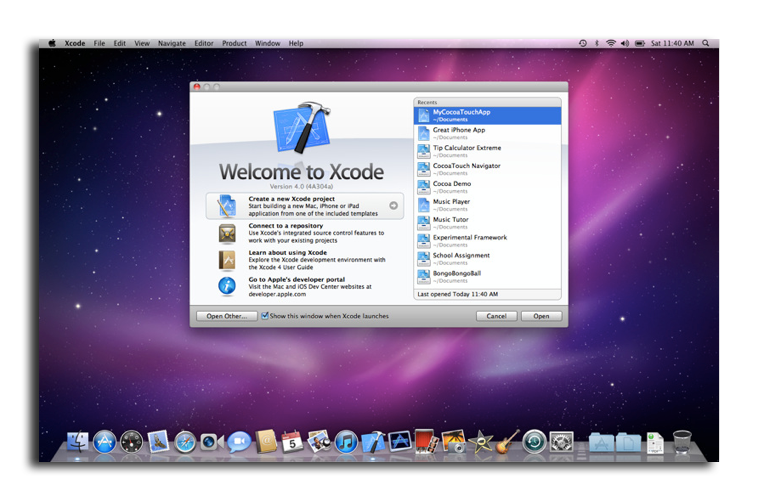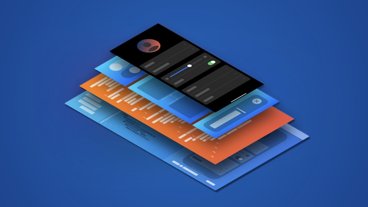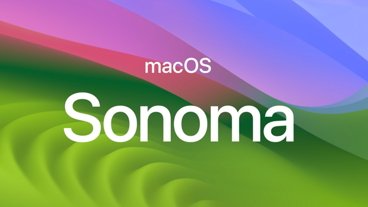Xcode 4 available to all on Apple's Mac App Store for $4.99
"Xcode 4 has been streamlined to help you write better apps," Apple said. "It has unified user interface design, coding, testing, and debugging all within a single window. The Xcode IDE analyzes the details of your project to identify mistakes in both syntax and logic, it can even help fix your code for you."
The release of Xcode 4 for $4.99 on the Mac App Store will allow non-registered developers to tinker with the development platform, or create their own Mac applications outside of the App Store. However, to submit a Mac or iOS application to the App Store still requires membership to the Mac or iOS Developer Program. Testing an iOS application on a mobile device also requires a developer subscription.
The Mac Developer Program was discounted a year ago to $99 per year. The price change remodeled Apple's Mac program after the wildly successful iPhone Developer Program.
Xcode 4 runs on Mac OS X Snow Leopard and includes the Xcode IDE, Instruments, iOS Simulator, and the latest Mac OS X and iOS SDKs. Features of Xcode 4, according to Apple, include:
Innovative tools to help you create great apps
- Interface Builder is fully integrated as a design canvas within the Xcode IDE
- The Assistant shows files related to what you're editing, such as the header, superclass, or controller
- The Version editor shows a live source code comparison through Git or Subversion history
- Live Issues display errors as you type, and Fix-it can correct the mistakes for you
- Apple LLVM compiler now includes full support for C++, in addition to C and Objective-C
- The new LLDB debugging engine is faster and more memory-efficient than GDB
- Instruments adds System Trace and new iOS instruments including OpenGL ES
Streamlined interface that is faster and easier to use
- Design your interface side by side with the backing source code
- Create connections from your GUI design directly to the related source code
- Use tabs to organize your workspace, or double-click to open files in a new window
- Schemes let you customize exactly how your app will build, run, profile, and deploy
- Debugging and console views slide in without disturbing your place in the editor
Professional editor keeps you focused on your code
- Click the Jump Bar at the top of the editor to instantly go to another file
- View message bubbles to see errors, warnings, and other issues right beside the code
- Use the ribbon on the left of the editor to fold your code, or highlight scope
Embedded Apple LLVM technology finds and fixes bugs for you
- Analyzer travels countless code paths looking for logical errors before they become bugs
- Live Issues underlines coding mistakes as you type with no need to build first
- Fix-it can confidently correct mistakes for you with just a keystroke
- Code completion for C, C++, and Objective-C is incredibly fast and accurate
Instruments for visual performance analysis
- Compare CPU, disk, memory, and OpenGL performance as graphical tracks over time
- Identify performance bottlenecks then dive deep into the code to uncover the cause
- Monitor your app directly, or sample the entire system, with very little overhead
 AppleInsider Staff
AppleInsider Staff











 Malcolm Owen
Malcolm Owen

 William Gallagher
William Gallagher
 Mike Wuerthele
Mike Wuerthele
 Christine McKee
Christine McKee

 Andrew Orr
Andrew Orr
 Sponsored Content
Sponsored Content







